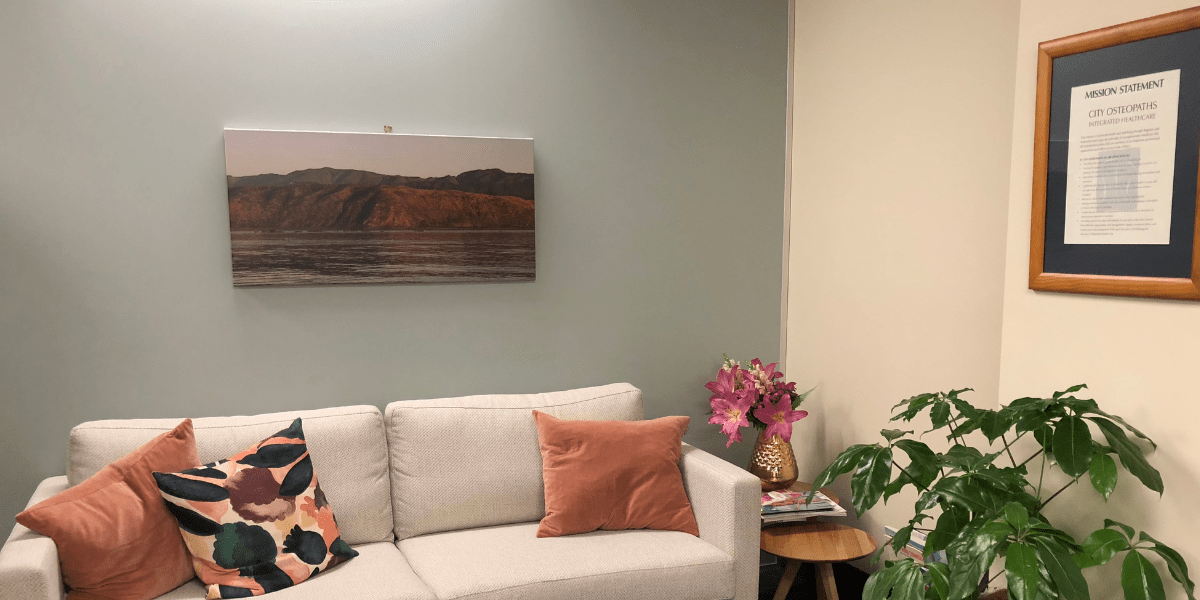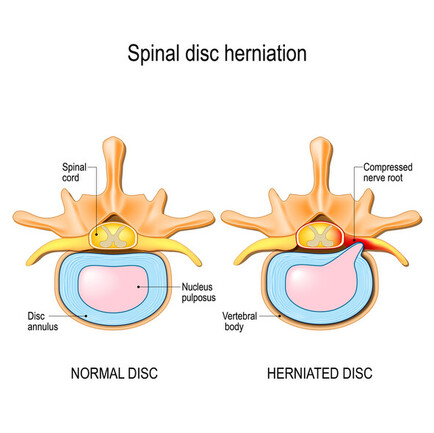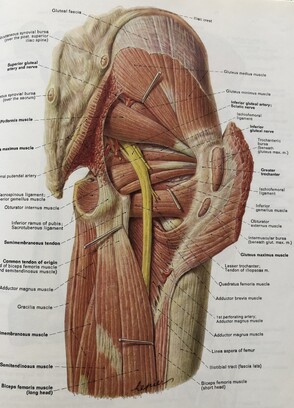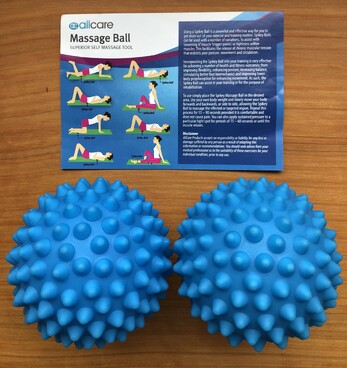What is Sciatica?
You’ve probably heard people saying they have sciatica – and if you’ve had back pain or leg pain, you may have wondered if you’ve have sciatica. Sciatica is a commonly used (and occasionally abused) term - but what does it actually mean?
The sciatic nerve is the largest in diameter in your body and when it's in trouble the pain can be excruciating.
The word sciatica describes a set of symptoms, including lower back, buttock, hip, leg and foot pain as well as numbness, weakness, "pins and needles" or tingling in these areas.
The symptoms are due to the irritation of the sciatic nerve, which is a large nerve about the same circumference as your little finger, that starts in your low back and travels down the leg to the foot , supplying power to muscles and sensation to skin all the way down.
So, while the term sciatica describes the symptoms, sciatica is not a diagnosis in itself - the diagnosis comes from figuring out what is irritating the nerve in the first place and there are quite a few potential causes. Here are a few of the most common causes:
If one of your lower lumbar discs (L4 or L5) is bulging or herniated, it then can press on and irritate part of the nerve as it exits the spinal cord, as in the diagram above.
Age-related changes can occur in our boney spine as we get older. Usually in response to injury or even from lack of movement, the spine may grow bone spurs, or start to narrow and compress the spinal cord in the canal, resulting in pinching and irritating of nerves as they exit the spine.
Tightness of the hip lateral rotators, for example the piriformis muscle as you can see in the anatomical diagram below, can compress the sciatic nerve and cause symptoms. This cause is usually the fastest and easiest to treat.
The sciatic nerve passes very close to a muscle at the back of your pelvis, called the piriformis. When the muscle shortens or spasms, it can compress the sciatic nerve, causing symptoms down the leg. A short or spasmed piriformis muscle is usually easier and quicker for an osteopaths to treat than a disc bulge. Usually you will have relief after just one treatment.
During pregnancy, the weight of the foetus can press onto the sciatic nerve. While it’s not harmful to the baby, it can be very frustrating for expectant mothers!
Also there’s “wallet sciatica”, caused by sitting down with an over-stuffed wallet in your back pocket, thus compressing the nerve as it passes around the back of the pelvis. There’s a simple solution for this one!
However, there are a lot of other conditions which can cause very similar symptoms. As osteopaths, we are trained to be able to determine the most likely cause of your symptoms, whether it is something relatively simple, or a more complex condition that might require further specialist attention.
At your appointment, we listen carefully to you and go through your medical history to make sense of what has led to this situation of sciatic pain for you. We may refer for an X-ray or Ultrasound scan to help us make a diagnosis, then we will work together to figure out your goals and discuss an individualised treatment plan with you.
Treatment will usually involve the application of some gentle and very effective osteopathic techniques to calm the irritation in the area and relieve pressure on the nerve. We can advise you on what you should and shouldn’t be doing, and offer you some suitable stretches, stability exercises, ball releases (see below) and other advice to help you continue the healing process on your own time.
We can also refer you for further specialist attention if needed.
To find out more about the author Melanie, click here
